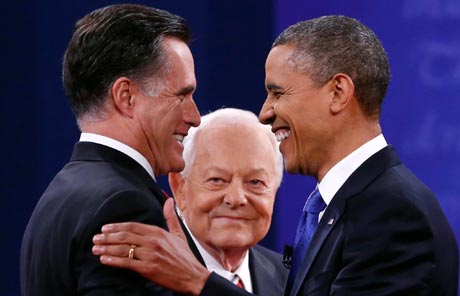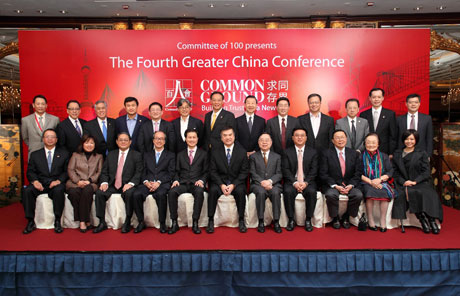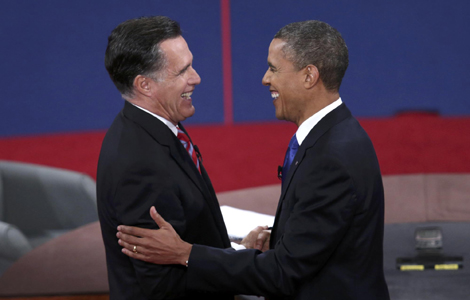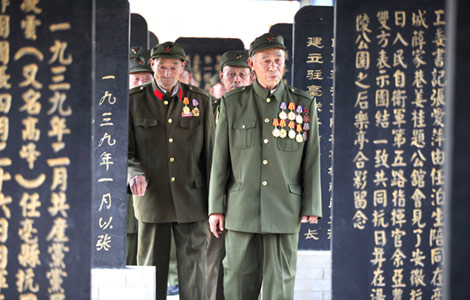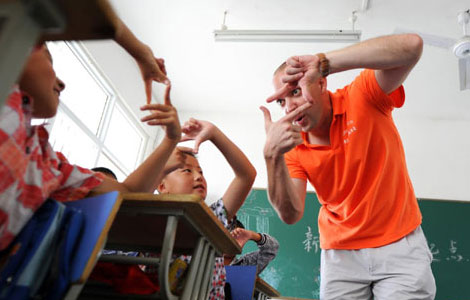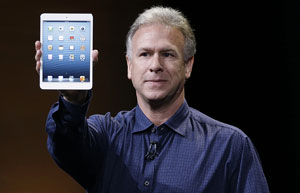China's Huawei blasts US 'protectionism'
Updated: 2012-10-25 07:51
By Agencies in Sydney and Canberra, Australia (China Daily)
|
||||||||
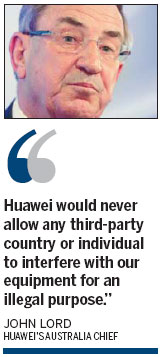
Chinese telecoms giant Huawei on Wednesday accused the US of "protectionism" after Congress labeled it a spy threat, and offered to lay bare its source code and equipment in Australia to allay fears.
The firm's Australia chief John Lord urged against the cyber security debate becoming "distorted the way it has in the US", vowing that the company would "never" allow state or individual abuse of its equipment for illegal ends.
Huawei, which was founded by former People's Liberation Army engineer Ren Zhengfei, and ranked the world's second-biggest telecoms equipment maker, was barred from tendering for a $38 billion project in Australia's national broadband network this year on security grounds.
Those fears were echoed by the US House Intelligence Committee this month, when it warned equipment supplied by Huawei and ZTE Corp, the world's fifth-largest telecom equipment maker, could be used for spying and called for their exclusion from government contracts and acquisitions.
Lord said the Congressional committee's report should be "called for what it really is: Protectionism not security", dismissing it as part of an "ongoing trade conflict between the US and China".
"The fiery rhetoric of the US Committee's report may make good headline-fodder in an election year, but it should really be seen as a missed opportunity," he told Australia's National Press Club.
Lord said Huawei's future depended on its "complete transparency" on security and other issues, and dismissed questions about its links to the Chinese state, denying that client information had or ever would be shared.
"Huawei would never allow any third-party country or individual to interfere with our equipment for an illegal purpose," he said. "Cyber security infringements, violations are illegal and we would never allow anyone to do that and we haven't ... We would never allow our equipment to be misused and I make that point quite strongly."
AFP-Reuters
